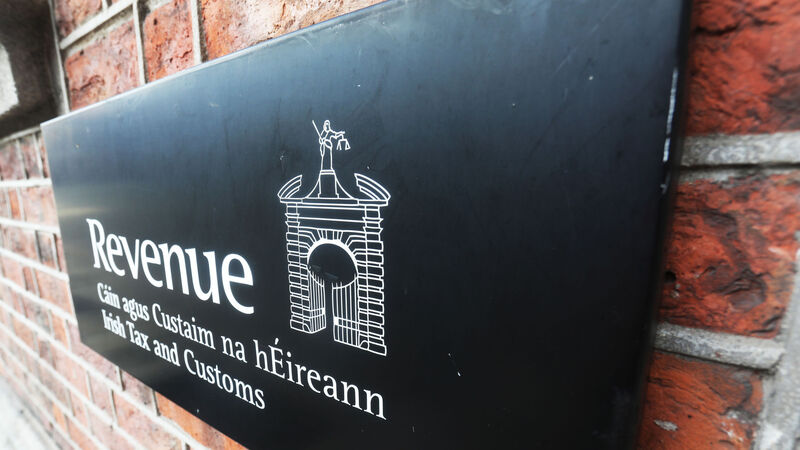Neil McDonnell: Revenue must plan to write off half the debt warehoused due to pandemic

Revenue will be left to ponder their options where these businesses decide to take their chances with restructuring and opt for the Scarp process. Picture: Leah Farrell / RollingNews














